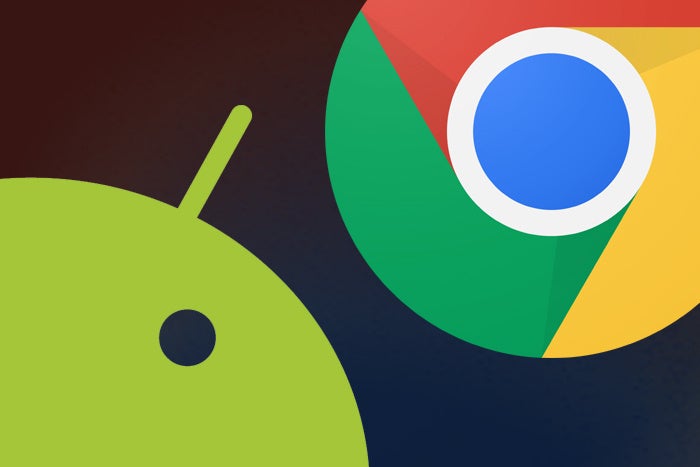Oh, hi there. Welcome back. How was your 4th?
While most of us were mentally checked out ahead of the U.S. holiday weekend, an interesting tidbit quietly crept onto our phones. It appeared via an out-of-sight snippet in a new beta version of the Google app—the virtual brain that controls the Google feed (formerly known as Google Now), the Google Assistant, and other important Android functions.
As the sharp-eyed sleuths at Android Police first noticed, a string of code in the updated app plainly suggests Google is preparing for its Assistant to move beyond phones and Home and make its way into the world of Chrome OS. And let me tell you: That matters—more than you might think.
We'll get to the "why" in a second. First, a few pertinent details, starting with the user-facing text that accompanies the code in question. As you can see, it doesn't exactly beat around the bush:
When your Chromebook is set up, press the Assistant button or say Ok Google to get help from your Assistant anytime.
Combine that with something uncovered in the open-source Chrome OS code repository—thanks to the crew at Chrome Unboxed—and we've got ourselves a juicy little nugget of info. In a section created for an apparently under-development device codenamed "Eve," the following description appears:
Special keyboard mapping for Eve project. The keyboard has an extra "Assistant" key.
It doesn't get much clearer than that, folks.
But lest you think this story is simply about Google Assistant coming to Chromebooks, allow me to pinch in a bit to reveal the broader context. You see, Assistant's inevitable arrival in the Chrome OS arena is more than just a mere added feature for Google's "other" operating system. It's yet another sign of Google's grand plan for bringing its two primary platforms together.
Oh, yes: that old yarn. To be sure, the tale of Google's plan to "merge" Android and Chrome OS is one we've heard discussed to death. And despite the ever-present one-or-the-other-style duel people love to imagine, the reality of this "merger" always ends up being much more nuanced.
As a certain humble scribe put it way back in 2015:
The question everyone always asks is whether Google will somehow "merge" Android and Chrome OS into a single product at some point down the line—but that question may be missing the mark. While anything's certainly possible, it appears the current strategy is to make the two platforms more consistent and connected and to use Android's strengths to bolster Chrome OS's capabilities. With a little help from its robot-themed friend, Chrome OS can evolve from a strictly web-centric desktop OS into an all-purpose computing solution that delivers the best of both worlds.
And what have we seen since then? Google has little by little been bringing elements of Android into the Chromebook world. It started with a very limited and experimental attempt at making some Android apps compatible with Chrome OS devices. Then came the gradual visual alignment, with Android-like fonts and design making their way into one Chrome OS system app after another and eventually seeping into the platform's core interface.
Factor in features such as the Android-Chrome connecting Smart Lock, the Android-inspired PIN Unlock, and the availability of the full Play Store on Chromebook devices—not to mention the Chrome-OS-inspired "seamless" update model that came to Android with last year's 7.0 release—and it's easy to see how all these little pieces are adding up to something big.
The expansion of Assistant to Chromebooks is no different. Sure, on the surface, it's just another Android-like feature moseying on over to Chrome-based computers. But take it in the context of the broader effort we've been watching unfold over the past few years, and it's hard not to see it as a significant step.
In fact, this move is arguably one of the most pivotal pieces of Google's platform-alignment puzzle. With Chromebooks essentially becoming the new "Android tablets" in addition to maintaining their role as common-use productivity devices, the presence of a familiar and cross-platform-synced assistant system is almost a necessity. Particularly with Google's core business being more about products than platforms—and its focus shifting increasingly toward AI and the goal of providing a single, consistent user experience across numerous devices—Assistant's leap onto laptops pretty much had to happen.
It may not draw the same amount of coverage or lend itself to the same sort of sensational headlines as the perennial "internal platform wars" narrative, but make no mistake about it: When Assistant inevitably arrives on Chrome OS devices, it'll be a meaningful measure in the actual and current Android-Chrome OS merger—the one that's been happening bit by bit, month by month, right in front of our eyes.



























































